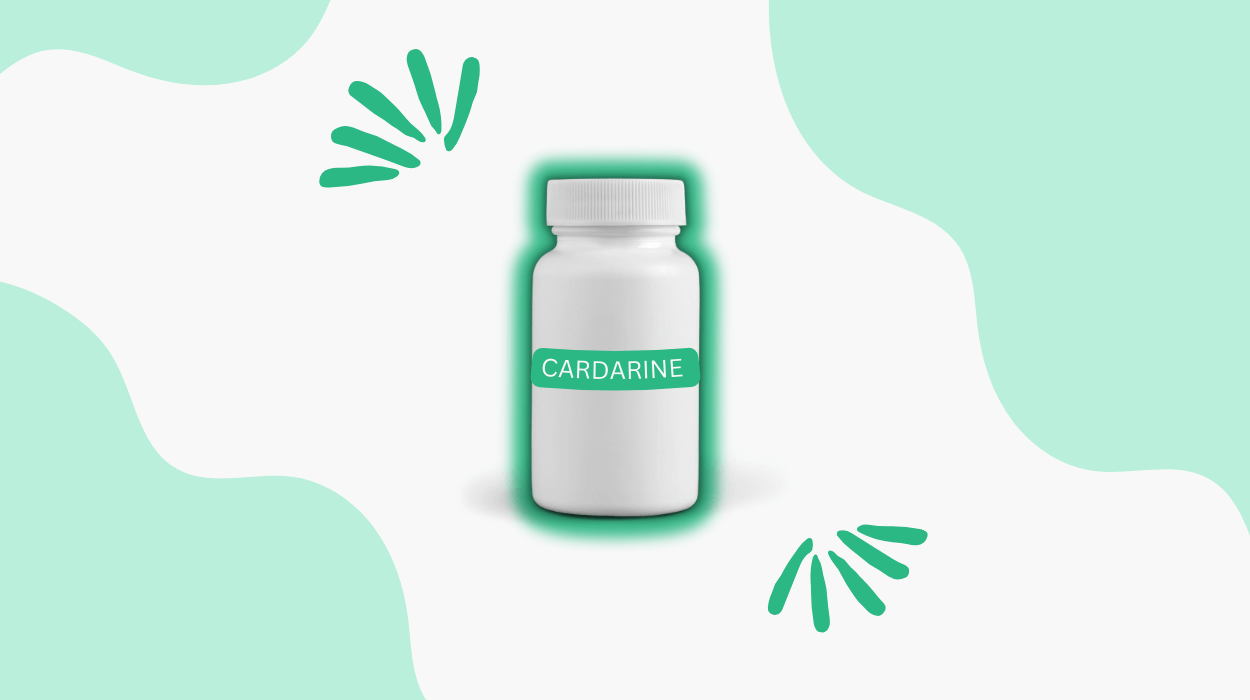

Creatine is an ergogenic support for fitness enthusiasts and bodybuilders wishing to improve exercise performance and workout potential.
You could switch to Creatine to increase your workout intensity and support muscle development. However, Creatine may also help support weight loss.
Does Creatine effectively help you cut and change the appearance of your physique? Read more about the relationship between Creatine and weight loss, its potential health benefits, and its drawbacks.
Creatine is an essential amino acid complex found in skeletal muscles and the brain. It comprises three amino acids: methionine, arginine, and glycine.
Creatine may help store and provide energy to muscles, keeping them functional. It is produced in the kidneys and liver and could also be obtained externally through diet and supplements. Some natural sources of Creatine are red meat and seafood.
According to a study by Richard B. Kreider and Jeffery R. Stout, Creatine effectively supports athletes. It may help decrease protein breakdown and increase anaerobic energy capacity.
It may help increase energy levels by boosting ATP produ ction, promoting protein synthesis, and improving athletic performance. Creatine may also alleviate mental fatigue.

Resistance training may improve muscle strength, increase metabolism, and enhance bone density. When combined with creatine consumption, resistance training may improve body composition, aiding healthy weight management.
According to a research study, taking Creatine before and after a resistance training session could encourage lean muscle mass development and improve lifting capacity. Resistance training might reduce the risk of chronic diseases like heart disease and diabetes.
When combined with Creatine, carbohydrates may help improve creatine delivery to your muscles, allowing for better performance and muscle growth.
Maintaining an adequate carbohydrate intake with Creatine could provide sustained energy, which is essential for improving workout effectiveness and endurance.
Here are some carbohydrate sources that could complement your creatine consumption:
Smaller doses of Creatine, ranging from 3-5 grams or 0.1 grams per kg of body mass, may enhance muscle enhancement. It could also allow flexibility in dosage adjustments based on body weight, exercise intensity, and personal preferences.
Consuming animal-based products may help raise your creatine levels and support your muscle-building goals naturally. These sources may include meat cuts like beef, pork, herring, or salmon.
A study published in the Journal of Functional Morphology and Kinesiology examined the potential role of Creatine in reducing fat in aging individuals.
People who consumed Creatine experienced a loss of approximately one pound more fat than those who did not. Those who consumed Creatine also gained a significant amount of lean muscle mass.
Another study conducted on young males also demonstrated similar benefits. People who took Creatine and engaged in strength training experienced a prominent increase in muscle mass.
The prescribed dosage for creatine monohydrate is consuming it four times a day for at least five days a week. The dosage may depend on your body weight. This dosage recommendation is for the saturation phase, which typically lasts four weeks.
During this phase, the goal is to thoroughly saturate your muscles with Creatine. After the saturation phase, a lower maintenance dosage may be used to maintain healthy creatine stores.
Dehydration and muscle cramps are common side effects associated with using Creatine. These side effects may occur due to poor hydration, consuming multiple supplements, or excessive heat.
Some people may experience weight gain while taking Creatine. Creatine is an osmotically active substance that may cause some water retention for preserving muscle mass. However, the training volume could also influence body mass and fluid balance.
During the loading phase of Creatine, taking 8-10g of Creatine in a single serving may induce stomach irritation or diarrhea. Consuming smaller creatine doses consistently may help avoid these issues.
According to the experiential and controlled research by Jose Antonio and Darren G. Candow, creatine consumption may not negatively affect kidney function or cause renal problems in healthy people, especially when taken at recommended dosages.
Creatine might not increase the risk of muscle cramps, gastrointestinal symptoms like bloating, or dehydration for most people.
However, some people may experience water retention in the early stages of the creatine-loading phase. It is generally a short-term phenomenon that improves with time.
Creatine products as dietary supplementation is regulated by the FDA, which may indicate a strong safety profile.
Creatine could be of aid if you are aiming for performance enhancement. It is primarily used for enhancing muscle growth and performance. However, taking Creatine with a nutritionally adequate diet and a tailored resistance training routine may expedite its outcomes.
Taking Creatine in smaller doses consistently may improve your exercise and athletic performance, which aids in reducing fat and weight. However, some people may experience temporary weight gain due to Creatine’s water retention abilities.
Decreasing processed food consumption, limiting sugar intake, increasing exercise frequency, and getting enough sleep are some natural measures to sustain weight loss.
Tyler Read earned an undergraduate academic degree from Sonoma State University, California and is a certified personal trainer (CPT) with NASM (National Academy of Sports Medicine). With over 16 years of experience, Tyler has trained clients both online and in-person.
He is passionate about helping others turn their love for fitness into a career. Tyler has worked with many local and commercial gyms before establishing his successful private personal training business, which he continues to operate.
